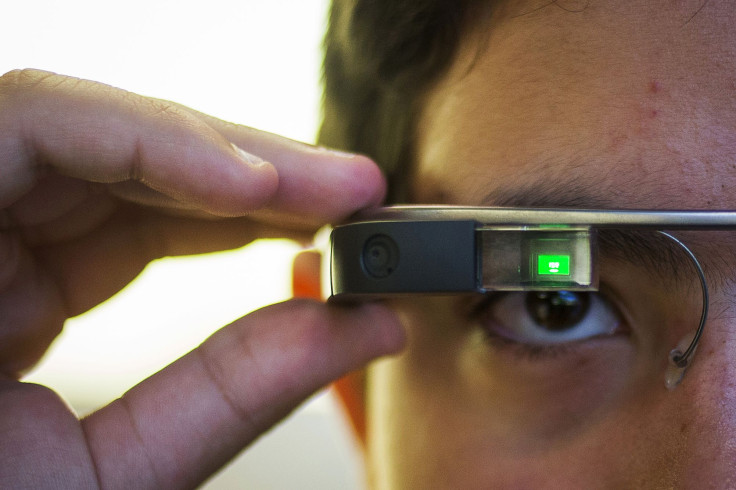Google To Discontinue Its Glass Enterprise Smart Glasses; Is It Pivoting Away From AR?

Google has announced its plans to discontinue selling its Glass Enterprise smart glasses, one of the most popular product lines from the tech giant. The company will halt customer support and software updates for the smart glasses after September.
"Thank you for over a decade of innovation and partnership," Google said on its website Wednesday. "As of March 15, 2023, we will no longer sell Glass Enterprise Edition. We will continue supporting Glass Enterprise Edition until September 15, 2023," the company added.
Google did not disclose the reason for discontinuing the sales while its competitors, including Meta and Apple, continue investing in augmented reality and virtual reality to develop devices that can compete with Google's smart glasses, CNBC reported.
Google introduced smart glasses in 2013 and the idea was welcomed by tech enthusiasts. However, Google Glass, sold at $1,500, to developers and early adopters did not succeed as a mainstream product because of the hefty price, safety and privacy concerns of the device.
Glass Enterprise was introduced as the successor to Google Glass in 2017. The company repurposed the glasses to focus on business customers rather than consumers. Glass Enterprise was introduced as a tool for enterprises to perform applications like streaming healthcare appointments or training workers on a factory floor.
In 2019, Google released a new $999 version of the enterprise model.
Google announced in July last year that it will test augmented reality prototypes in public settings. The new glasses equipped with microphones and cameras will look like normal glasses and will be tested for translating and transcribing speech in real-time, the company said at the time.
However, the discontinuation of the glasses raises concerns that Google is moving away from its innovations in AR.
In 2019, Facebook announced its plan for augmented reality glasses, where users can pull up a visual display on top of the view in front of them. Meta released Ray-Ban smart glasses with cameras in 2021. Microsoft introduced its augmented reality glasses HoloLens, allowing users to experience 3D holographic images as though they are a part of their environment. However, the company reportedly laid off the device's creator and portions of the team working on it earlier this year.





















